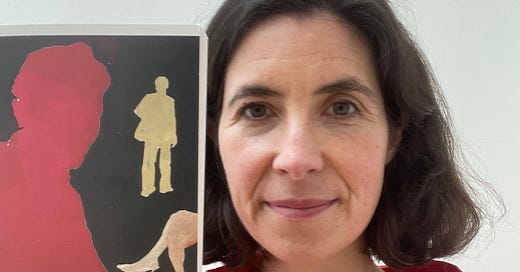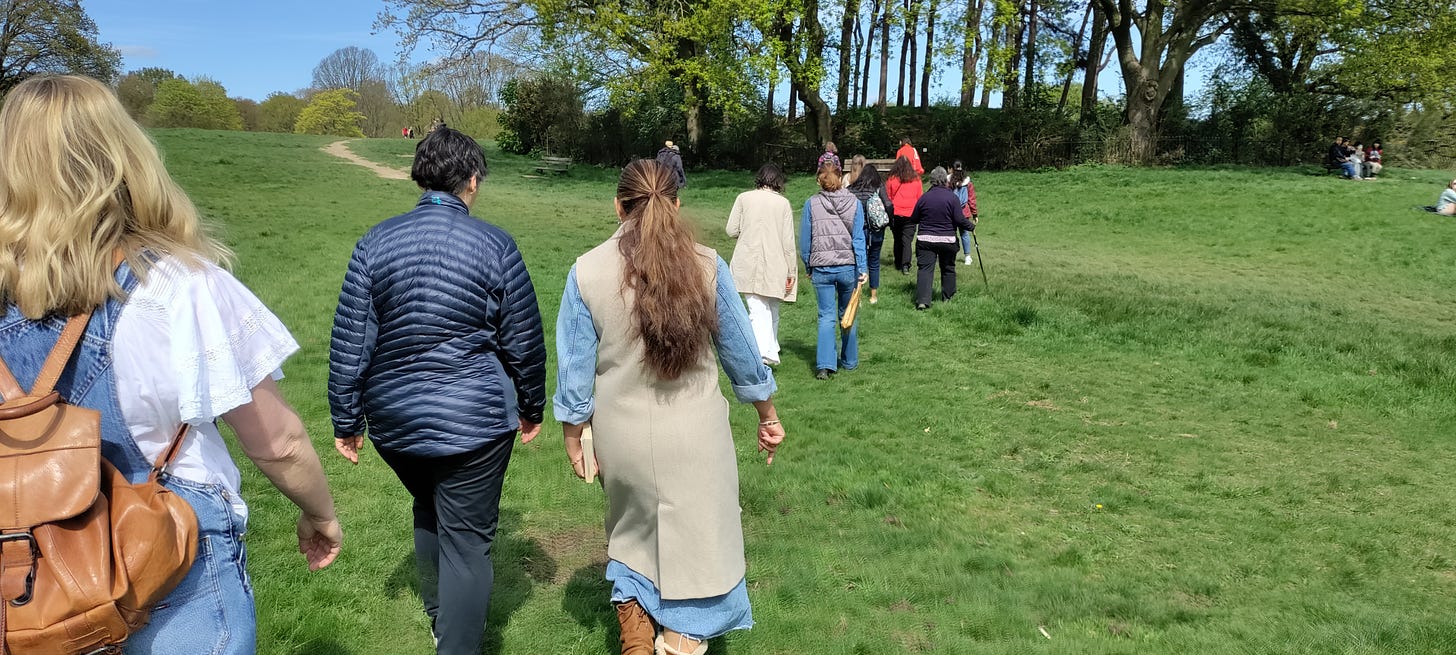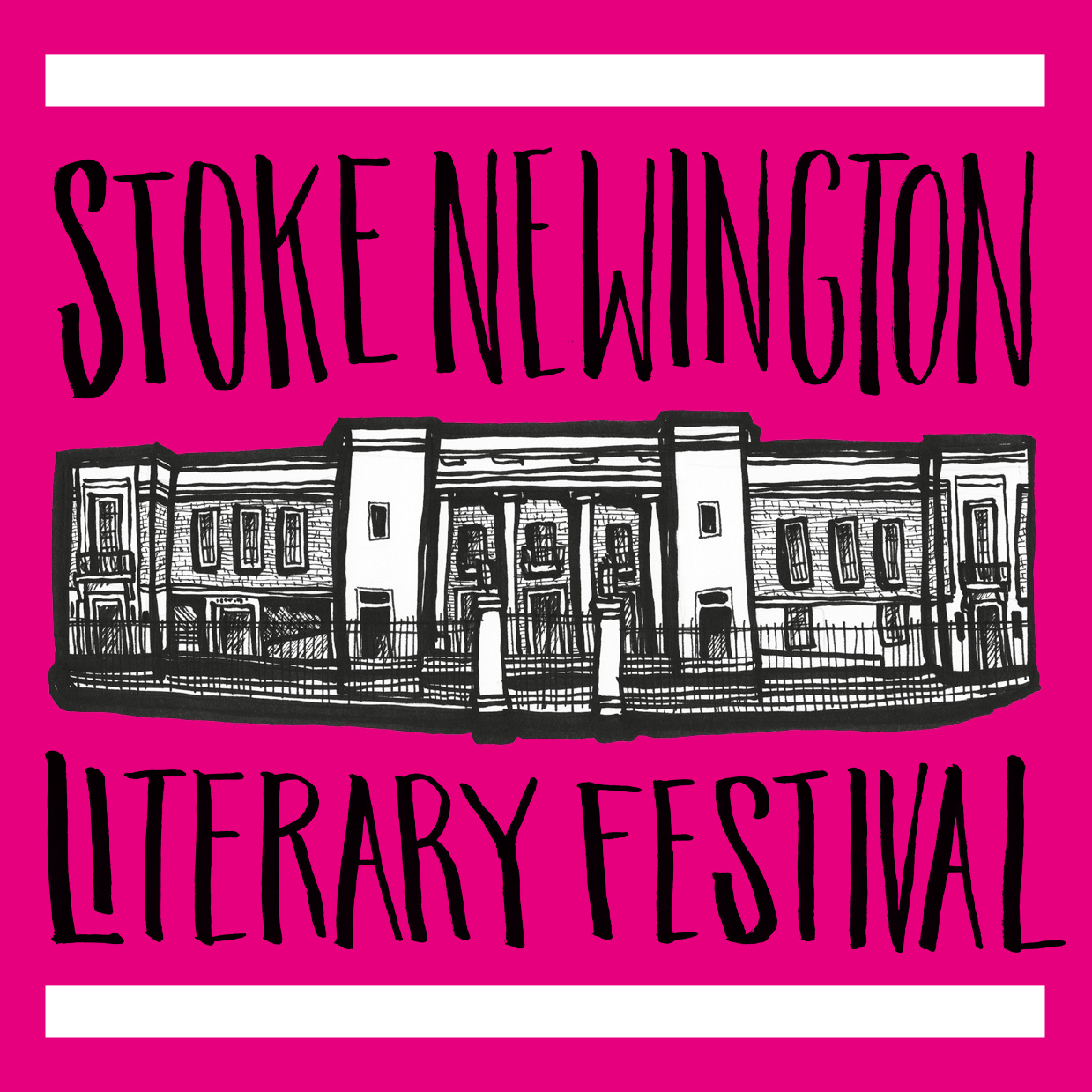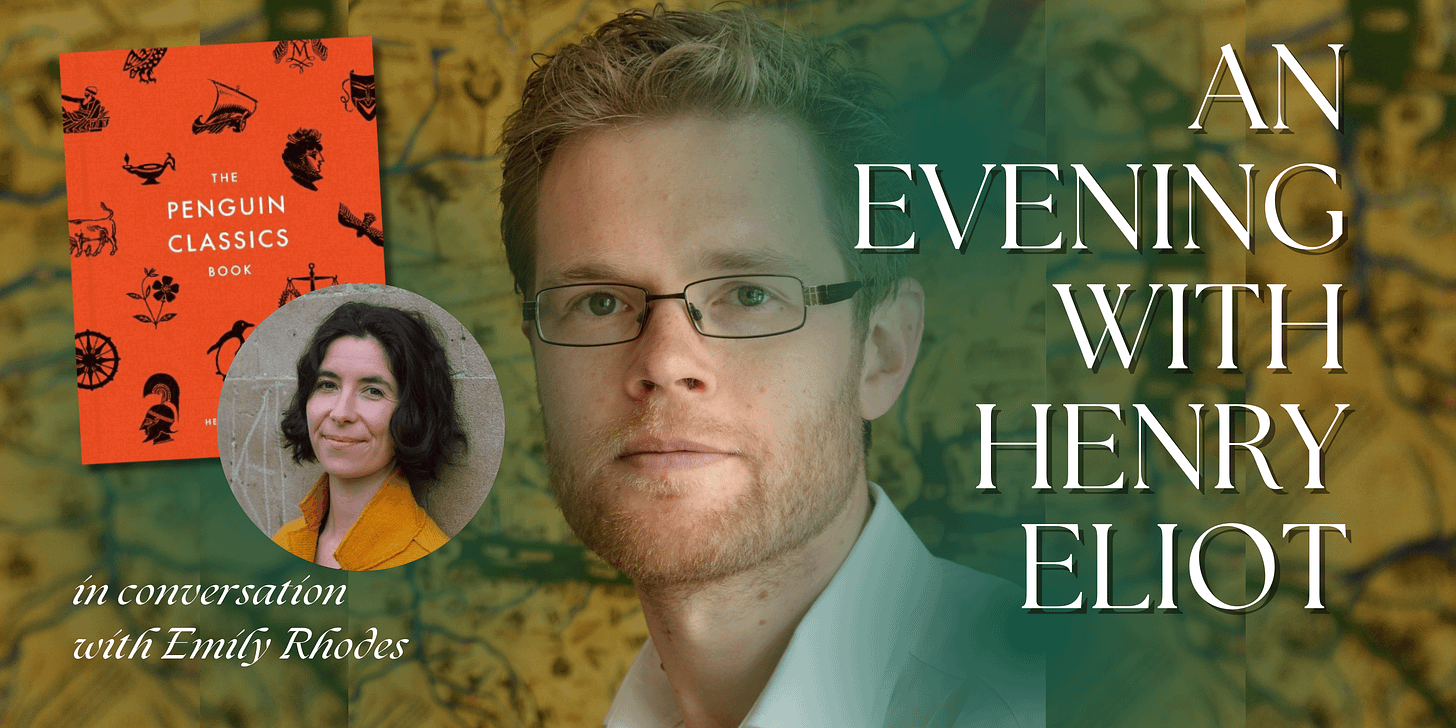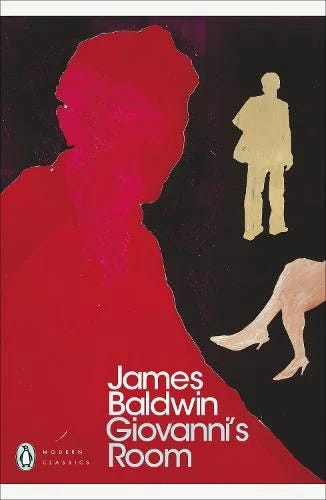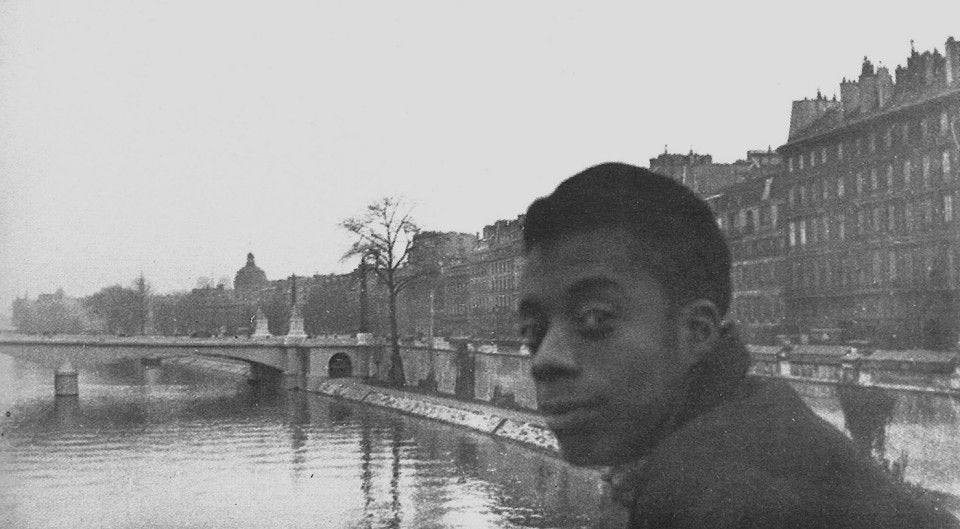Dear walking book clubbers,
June is here, and with it comes the intense, devastating novella Giovanni’s Room by James Baldwin. This is a landmark work of gay literature, about a fated love triangle in Paris, between David and Hella - two Americans - and Giovanni, an Italian barman. It opens on the eve of Giovanni’s execution, after David has abandoned him … What follows is a painful articulation of shame and powerful exploration of conflicted desire, convention and sexual identity.
Read on for some initial ideas about Giovanni’s Room, links to read and listen around it, and booking details for our June events and other things I’m up to this month. I’m really looking forward to sharing this brilliant book with you all.
Our June Giovanni’s Room events
Please note that for the benefit of your fellow walkers, you need to have read the book before coming along to a walking book club. If you’ve not read the book, you are very welcome to join the Zoom instead.
Emily’s Regent’s Park Walking Book Club: Friday 21st June, 12-1.45pm, setting off from Daunt Books, 84 Marylebone High Street, W1U 4QW, £8-15
Emily’s Hampstead Heath Walking Book Club: Sunday 23rd June, 11.30-1pm, setting off from Daunt Books Hampstead, 51 South End Road, NW3 2QB, £8-15
Emily’s Zoom Book Club: Monday 24th June, 8-9pm, £1-15
On Our Reading Radar: Friday 28th June, 1.30-2pm: Intersectionality Join this month’s discussion thread to share your cultural highlights from the month, as well as your recommendations on the theme of INTERSECTIONALITY - What other great books and films explore aspects of compounded prejudice?
Buy Giovanni’s Room from Daunt Books HERE and receive 10% off using the code WBC at checkout, or just tell them you’re in the group if you’re buying it in the shop.
More June events with Emily
Moll Flanders Walking Book Club at the Stoke Newington Literary Festival
Sunday 9th June, 10.30-12 noon, meeting at The Mildmay Club, 33-34 Newington Green, London, N16 9PR
Fancy a stroll around Stoke Newington’s Clissold Park for a change? Join me as Emily’s Walking Book Club heads to North-East London for a walk-talk about Moll Flanders by Daniel Defoe as part of the wonderful Stoke Newington Literary Festival. Daniel Defoe lived in Stoke Newington and Moll is one of the first – and certainly one of the most vivid – narrators in English literature, as she tells of her life of crime and capers in this beloved classic novel.
Celebrating The Penguin Book of Classics with Henry Eliot
Thursday 20th June, 6.30pm at The Gilded Acorn Bookshop, 1 Portsmouth Street, WC2A 2ES
Join Henry Eliot (host of the beloved podcast On the Road with Penguin Classics) and me as we celebrate Penguin classics and more. Henry and I have been collaborating on a few ideas recently, and I’m looking forward to chatting to him about all things classic!
You can have 10% off the ticket price using the code FRIENDSANDFAMILY when booking using the button here:
Bookbanks
June is also when Bookbanks officially launches, so hopefully you’ll be hearing more about my new charity that brings books to food banks. You heard it here first; see this recent newsletter HERE for more about what Bookbanks does and how you can help. Thank you so much to those of you who have already shown an interest. The best way of keeping up-to-date is on Instagram HERE.
Introducing Giovanni’s Room by James Baldwin
This intense, devastating novella is a landmark work of gay literature, about a fated love triangle in Paris, between David and Hella - two Americans - and Giovanni, an Italian barman. It opens on the eve of Giovanni’s execution, after David has abandoned him … What follows is a painful articulation of shame and powerful exploration of conflicted desire, convention and sexual identity.
Here are a few ideas to get the thoughts flowing ahead of our meet ups:
The Room
What did you make of Giovanni’s room itself, full of his entire life, with its windows covered in polish? How did it compare to the L-shaped room of our March pick? Funny having these two room-titled books so close together in our reading explorations!
Paris
The book is very much set in Paris (as anyone trying to find a copy in Daunt Books will know!). And yet none of the three main characters is from Paris: David and Hella are American and Giovanni, Italian. What does Paris offer the characters (and the book)? Is it freedom? A neutral ground? An otherness? In the excellent Garth Greenwell Guardian piece (see link below), he argues that it’s ‘a book about an American stripped of the myths of America’. Perhaps the Paris setting enables some of this myth-stripping.
Freedom
There’s a brilliant line early on: ‘nothing is more unbearable, once one has it, than freedom.’ The narrator, David, reflects that this was why he asked Hella to marry him, ‘to give myself something to be moored to.’ What do you think about freedom in the book? Is David ever really free? Is Giovanni? Is Hella? And free from what? Convention? Attachment? Love? Shame?
Shame and otherness
I found it unbearably painful reading about David’s shame and self-loathing about being gay, his body, and his conflicted desire. So much of the shame, and loneliness, is tied to feelings of otherness, of not following convention and partly wanting to. It’s interesting to note that Baldwin saw ‘the sexual question and the racial question’ as ‘entwined’. Many of Baldwin’s contemporaries - including his publisher - were disappointed that this was not a book about typical black experience. Do you think that the experience here of being gay is an otherness akin to being a person of colour? Are there some similarities between all depictions of otherness? I’m looking forward to exploring other books about INTERSECTIONALITY - where different prejudices come together - in this month’s live discussion thread on Friday 28th June.
Plot and time
Finally, what did you make of the book’s time frame? Did you find it confusing slipping between its present on the eve of Giovanni’s execution and the main thrust of the story of David’s time with Giovanni? Did you mind the fact that so much of the plot is given away at the start? How did that effect the book’s tension? Were there still any shocking moments or surprises?
More about James Baldwin
James Baldwin would have been 100 this year. Here he is in Paris, 1949, seven years before Giovanni’s Room was published.
HERE is a brilliant interview about his writing life in The Paris Review, from 1984. The bulk of it is paywalled but for those who don’t subscribe even the visible teaser is quite fascinating, about his experience of being broke in Paris and writing being a very different form to preaching.
THIS is a great piece by Garth Greenwell for the Guardian about the impact of reading Giovanni’s Room. THIS is excellent by Colm Toibin for the New Yorker, and is especially good at exploring literary context and influences. THIS short piece by Mary Flanagan for the wonderful Slightly Foxed magazine is a lovely personal piece about how reading the book intersected with a tragedy in her own life.
I’m completely bemused by THIS piece for the New York Times, which interleaves brilliant writing about the book with a fashion shoot inspired by it. Perhaps I should expect everyone to be looking especially sharp on our walks!
THIS is a fun interactive map of Baldwin’s Paris, in case you feel like following in his footsteps. And HERE is a diverting piece in the New York Times by Ellery Washington that does exactly that.
Finally, do listen to THIS marvellous episode of On the Road with Penguin Classics with Caryl Phillips on the book. Hope to see some of you at my event with host Henry Eliot on 20th June.
Happy reading,
Emily
